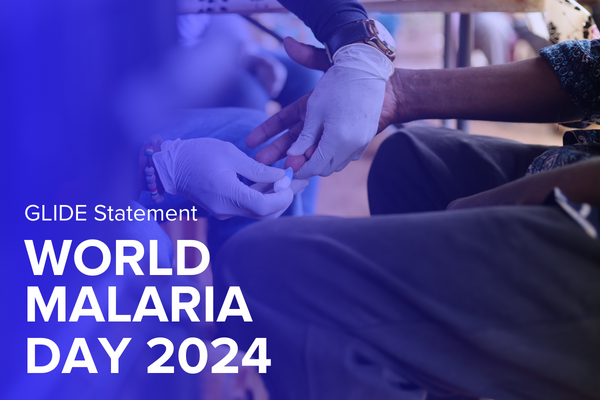GLIDE Statement – World Malaria Day 2024

Thursday 25 April 2024 (Abu Dhabi, UAE) –
Today, as we mark World Malaria Day, the Global Institute for Disease Elimination (GLIDE) reaffirms its commitment to working in partnership with endemic countries and international partners to accelerate malaria elimination to help achieve better health for all.
Malaria kills at least 600,000 people every year, with children on the African continent bearing the brunt of this preventable disease. Despite considerable progress in the first decade of the millennium, progress has stagnated, and we have yet to see a significant decline in mortality rates. However, with the advent of new tools, promising vaccines, and better insecticide-treated bednets, the prospects for progress have improved.
Despite this stagnation, the world has seen progress in shrinking the map of malaria endemicity. Since 1973, 42 countries have eliminated malaria, but these gains cannot be taken for granted in a world grappling with the impacts of a changing climate, humanitarian crises, and competing health priorities. In some countries, a changing climate is leading to shifts in precipitation that result in enhanced breeding grounds for mosquitoes, potentially leading to malaria outbreaks at higher altitudes and latitudes than ever before. We must invest in research and surveillance to better understand and monitor these shifts.
We join partners in calling for health equity, gender equality, and human rights in malaria responses so that no-one is left behind. With 94% of all malaria cases on the African continent, malaria is a leading cause of inequity, especially for women and girls. We must redouble our efforts and ensure momentum is not lost to accelerate progress towards a world free of malaria.
To achieve our shared vision of a malaria-free world, we must identify opportunities for integrated action that deliver mutually beneficial solutions, recognizing that those at risk are often exposed to risk factors for multiple health conditions.

At GLIDE, an institute that cares deeply about elimination and eradication, we support operational research and advocacy that seeks to deliver win-win solutions to help accelerate progress towards achieving zero malaria. Though a world free of malaria-free world may not yet be within reach, we believe that with concerted efforts, continued momentum, and targeted investment, malaria elimination will become a feasible prospect.